Omega-3s are a type of fatty acid that is essential for good health. They are important for maintaining normal bodily functions, including brain function, heart health, and inflammation. Unfortunately, most people in the Western world do not consume enough omega-3s in their diet! Today, we will discuss the importance of omega-3s for your health, their benefits, and how to get them from food.
What Are Omega-3s?
Omega-3s are a group of polyunsaturated fatty acids that are found in high concentrations in certain types of fish, algae, and other marine life. They are considered essential because the body cannot make them on its own, and they must be obtained from the diet.
What Are the Three Types of Omega-3s?
There are three main types of omega-3s: eicosapentaenoic acid (EPA), docosahexaenoic acid (DHA), and alpha-linolenic acid (ALA). EPA and DHA are found in fatty fish like salmon, mackerel, and tuna, while ALA is found in plant-based sources like flaxseed, chia seeds, and walnuts.
Benefits of Omega-3s
Plays a Crucial Role in Supporting Brain Health
Omega-3s play a crucial role in brain health and development. According to studies from the National Library of Medicine, Omega-3s have shown that they can improve cognitive function and reduce the risk of neurological diseases such as Alzheimer's and dementia.
Reduces the Risk of Heart Disease
Reduces Inflammation in the Body
Omega-3s have anti-inflammatory properties that can help reduce the risk of chronic inflammation and related diseases such as arthritis.
May Help Reduce Symptoms of Depression and Anxiety
Omega-3s may help reduce symptoms of depression and anxiety. Studies have shown that they can improve mood and reduce the risk of depressive disorders.
How to Get Omega-3s from Food
Fatty Fish
The best source of EPA and DHA is fatty fish like salmon, mackerel, and tuna. Aim to consume at least 2 servings of fatty fish per week to meet your omega-3 needs.
Note: While omega-3 fats from fish oil are more easily absorbed by the body for their natural EPA and DHA content, plant-based omega-3 sources must be converted from ALA. Genetically, some peoples' bodies can't do this, making it hard to obtain enough omega-3s from plant-based oils alone for them.
Algae-Based Supplements
For vegetarians and vegans, algae-based supplements can provide a source of EPA and DHA without consuming fish.
Flaxseeds and Chia Seeds
ALA can be found in plant-based sources like flaxseed and chia seeds. These can be added to smoothies, oatmeal, or yogurt for a quick and easy omega-3 boost.
Walnuts
Walnuts are a great source of ALA and can be added to salads, and oatmeal, or eaten as a snack.
How to Get More Omega-3s into Your Diet
Omega-3s are essential for good health, and most people do not consume enough of them. By including fatty fish, algae-based supplements, flaxseeds, chia seeds, and walnuts in your diet, you can increase your intake of these important nutrients. By doing so, you can reduce the risk of chronic diseases, improve brain function, and support overall health and well-being.
Here at Primal Balance Nutrition, we take your nutrition into play when cooking your meals. We use the highest quality fish on the market from Pure Fish to ensure your meals are well-balanced, nutrient-dense, and full of healthy Omega-3s. Head to our Get Started page to learn more today.

